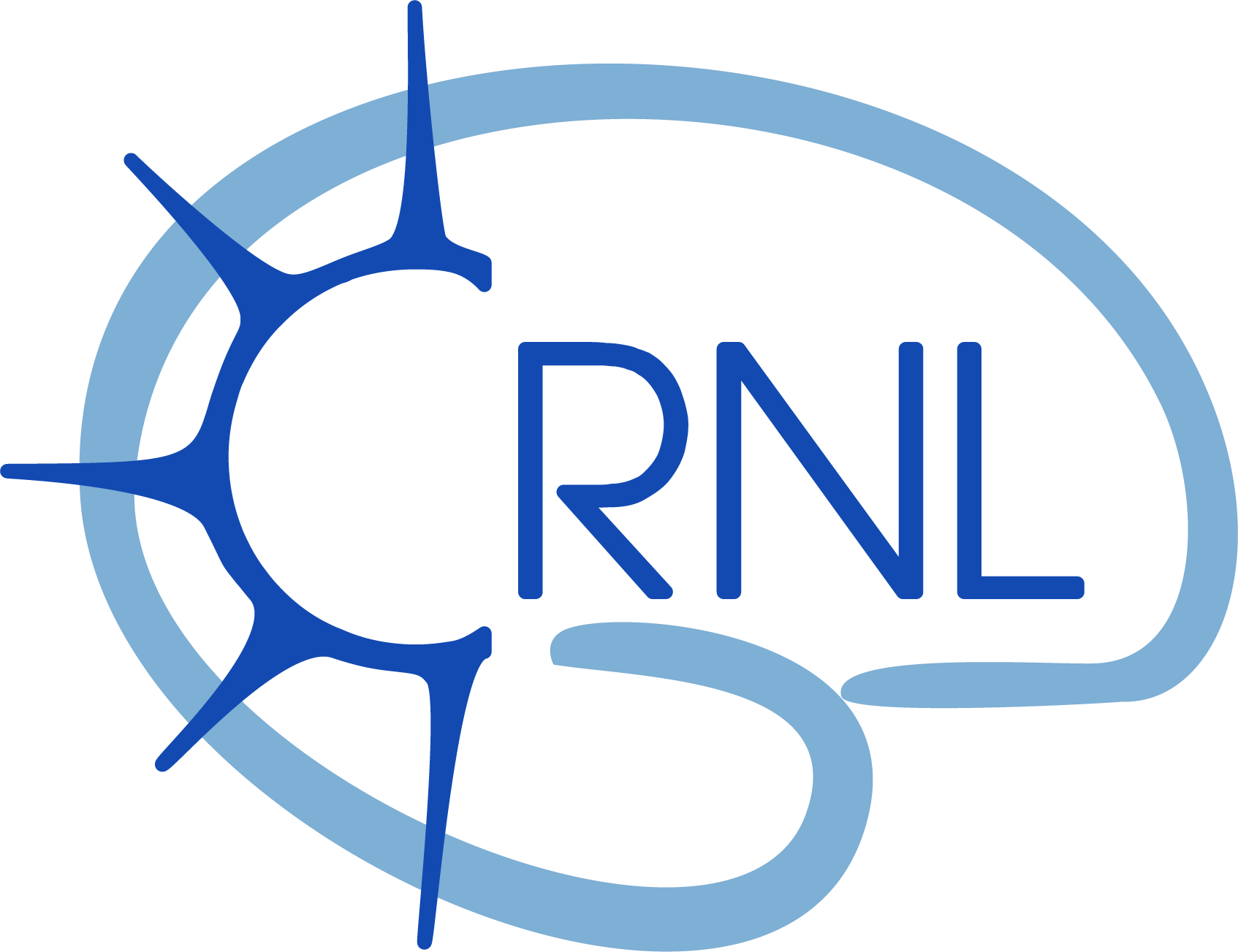Prospective acceptability of digital therapy for major depressive disorder in France: multicentric real-life study
Résumé
Background: Major depressive disorder is one of the leading causes of disability worldwide. Recently, the WHO has highlighted the negative impact of recent crises (COVID-19 pandemic, war in Ukraine, economic crisis). Although most international guidelines recommend psychological and psychosocial interventions as a first-line treatment for mild to moderate depression, access remains limited in France due to limited availability of trained clinicians, high costs for patients in a context of non-reimbursement and fear of stigmatisation. Therefore, online blended psychological treatment such as deprexis® could improve access to care for people with depression. It has several advantages such as easy access, scalability and is supported by evidence.
Objective: This study aims to evaluate the real-life acceptability of a deprexis® for people with depression in France, outside of a reimbursement pathway.
Methods: DARE was designed as a multicentre cross-sectional study in which deprexis® was offered to any patient meeting the inclusion criteria during the fixed inclusion period June 2022-March 2023. Inclusion criteria were: 1/ depression, 2/ age between 18 and 65 years, 3/ sufficient French language skills, 4/ access to internet with a device to connect to the deprexis® platform. Exclusion criteria were previous or current diagnosis of bipolar disorder, psychotic symptoms and/or suicidal thoughts during the current episode. The primary objective is to measure the prospective acceptability of deprexis®, a new digital therapy. Secondary objectives are to examine differences in acceptability according to patient and clinician characteristics and to identify reasons for refusal. All investigators received video-based training on deprexis® prior to enrolment to ensure that they all had the same level of information and understanding of the programme.
Results: 245 patients were eligible (56.3% women and 56.3% single). Mean age 40.7+-14.1 years. 78% had moderate to severe depression (according to PHQ-9). More than half of the population had another psychiatric comorbidity (excluding bipolar disorder, psychotic disorders and suicidal ideation). 33.9% of patients accepted the idea of using deprexis® and the main reason for refusal was financial, at 83.3%. Multivariate logistic regression identified factors that might favour acceptability of deprexis®. Among these, being in a couple, being treated with an antidepressant or having a low severity level favoured acceptance of deprexis®.
Conclusions: DARE is the first French study aiming at evaluating prospective acceptability of a Digital therapy in the treatment of depression. The main reason for refusal of deprexis® was financial. DARE will allow a better identification of factors influencing it in a natural setting. This study highlights the importance of investigating factors that may be associated with the acceptability of digital interventions, such as marital status, medication use and severity of depression.
| Origine | Fichiers éditeurs autorisés sur une archive ouverte |
|---|



